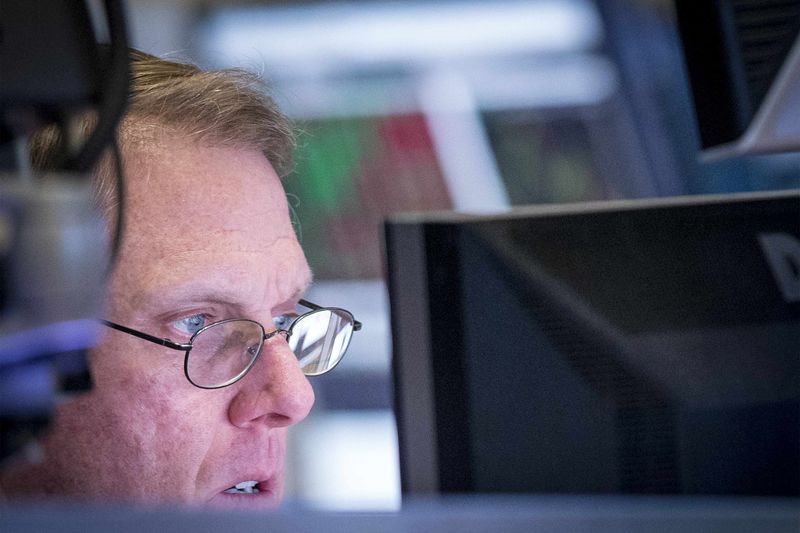The Fundsmith Equity Fund is a very popular option fund among Britons seeking a place to park their cash. Due to its strong performance, the fund is consistently one of the most purchased on investment platforms such as Hargreaves Lansdown (LON:HRGV), Interactive Investor, and AJ Bell. Here, I’ll explain why I hold it in my own Stocks & Shares ISA.
Diversification The first reason that I’ve chosen to invest in Fundsmith is that I see it as a good way to diversify my portfolio. Given the sluggish growth of the FTSE 100, I don’t want to have too much of my ISA money invested in UK stocks. Fundsmith, as a global equity product, provides me with exposure to fast-growing companies that are listed overseas, lowering my overall portfolio risk, and providing the potential for higher returns.
Quality approach I also like fund manager Terry Smith’s approach to investing. Like Warren Buffett, Smith is a long-term thinker who focuses on ‘high-quality’ companies. Specifically, he looks to invest in companies that have advantages that are difficult to replicate, are resilient to change, are highly profitable, and have strong balance sheets. This approach has worked very well for Smith since the fund’s inception in November 2010 (although there’s no guarantee it will deliver the same success in the future). Top holdings in the fund currently include PayPal, Microsoft (NASDAQ:MSFT) and medical technology company Stryker (NYSE:SYK).
Incredible performance Finally, there’s the performance track record, which is nothing short of sensational. According to Hargreaves Lansdown, the fund has delivered a return of 68% over the last three years, and a massive 172% over the last five years.
By contrast, FTSE 100 trackers have generated returns of 19% over three years and 28% over five years, while the iShares Core MSCI World UCITS ETF, which tracks the MSCI World index (Fundsmith’s benchmark) has returned 45% and 84% respectively over three and five years. Smith hasn’t just beaten the benchmark, he’s smashed it by a wide margin.
Risks Of course, there are risks associated with investing in Fundsmith. For a start, it is highly concentrated and holds less than 30 stocks. This adds stock-specific risk – if one or two holdings were to underperform, the fund’s performance could be impacted significantly. Some of Fundsmith’s holdings also trade at lofty valuations, meaning there’s valuation risk. In addition, while the fund is a global one, it’s heavily biased towards US equities, which means there is country-specific risk. If the US stock market was to decline significantly, the fund would most likely take a hit.
There are also fees to consider. Through Hargreaves Lansdown, I pay an annual fee of 0.95% on Fundsmith on top of the 0.45% p.a. that Hargeaves charges on funds. That means I’m paying considerably higher fees than I would be paying if I was invested in tracker funds or individual securities.
Overall, however, I see considerable investment appeal in Fundsmith. Given its focus on high-quality companies and its amazing track record, I think it has the potential to be a core portfolio holding for UK investors seeking exposure to global equities.
Edward Sheldon owns shares in Hargreaves Lansdown and has a position in the Fundsmith Equity fund. Teresa Kersten, an employee of LinkedIn (NYSE:LNKD), a Microsoft subsidiary, is a member of The Motley Fool’s board of directors. The Motley Fool UK owns shares of and has recommended Microsoft and PayPal Holdings. The Motley Fool UK has the following options: short October 2019 $97 calls on PayPal Holdings and long January 2021 $85 calls on Microsoft. The Motley Fool UK has recommended Hargreaves Lansdown. Views expressed on the companies mentioned in this article are those of the writer and therefore may differ from the official recommendations we make in our subscription services such as Share Advisor, Hidden Winners and Pro. Here at The Motley Fool we believe that considering a diverse range of insights makes us better investors.
Motley Fool UK 2019
